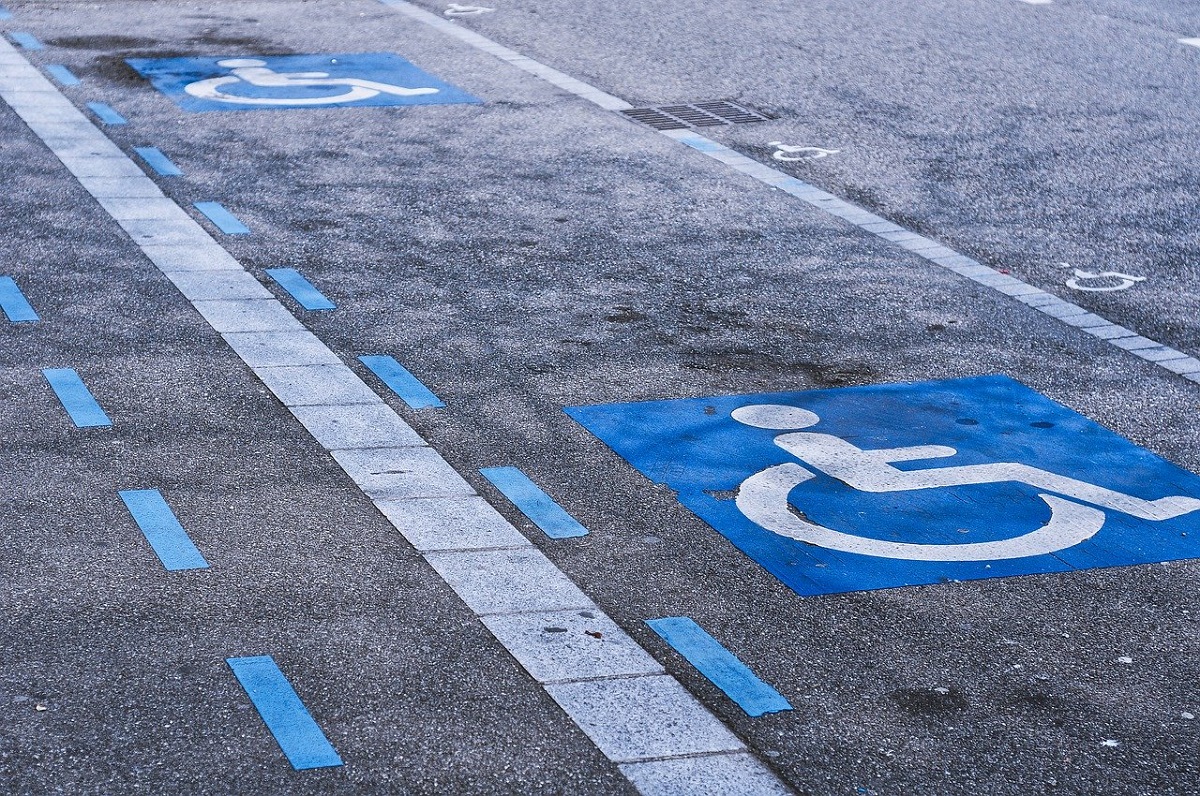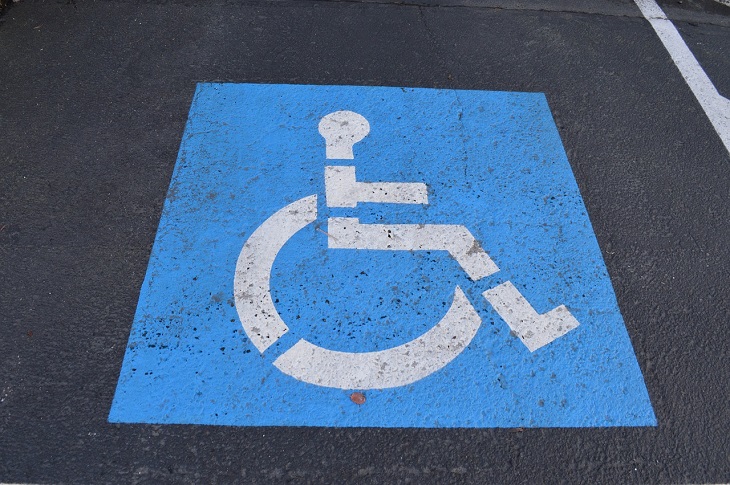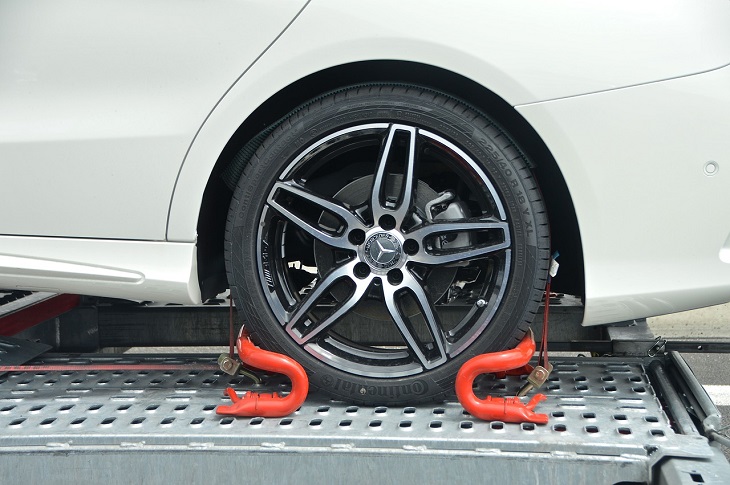Can You Wait In A Handicap Spot?

Handicap parking spaces offer disabled drivers an invaluable lifeline, enabling them to go where they want to go and to live life on their own terms. Every jurisdiction in the United States is obliged by law to have a certain number of disabled parking spaces; in parking lots, on streets, and at all public amenities.
Misuse and abuse of disabled parking facilities is an illegal act that can have a severely negative effect on the quality of life of disabled people and their carers. But often people misuse disabled parking facilities not out of malice, but out of ignorance. Not everyone is up to speed on the rules and regulations surrounding handicap parking infrastructure.
Can You Wait In A Handicap Spot?
Confusion sometimes exists around the right way to use disabled parking spaces. People often have questions such as… Can you ever wait or stop in a handicap spot? How long can you stay parked in a handicap spot? What happens if you park in a disabled spot without a permit? Can you park in a handicap spot if you stay in the car? When is it OK to park or hover your car in a disabled parking spot? Can you wait in a metered space if you have a handicap permit?
The answers to these questions, while not known by everybody, are actually quite clear-cut. Today we will discuss everything you need to know about when, and under what circumstances, you can wait in a handicap spot.

Can I Stop In A Handicap Spot?
Whether or not you can stop in a handicap stop depends entirely on whether you or a passenger in your vehicle, are the legal holder of a disabled parking permit.
If you, or any of your passengers, hold a disabled parking permit and you have the permit in the vehicle, then you are legally allowed to stop in a handicap spot.
How Long Can You Stay Parked In A Handicap Spot?
If you, or any of your passengers, is the holder of a valid disabled parking permit, you can stay parked in a handicap spot for an unlimited amount of time (or the amount of time specified on the parking sign).
What Happens If You Park In A Disabled Spot Without A Permit?
Parking in a handicap spot without a permit is illegal. Doing so is a misdemeanor offense and can result in various different types of legal punishments.
What Punishments Are Involved In Parking Or Waiting Unlawfully In Handicap Spots?
The punishments for parking illegally in a handicap spot range in severity. The most common punishments can include:
- A fine of up to $1000 (average fines are in the $200– $500 range)
- Having your vehicle towed
- Points on your license
- Jail time
Can You Park In A Handicap Spot If You Stay In The Car?
If you do not have a valid handicap parking permit in your vehicle that belongs to someone who is currently traveling in the vehicle, then you cannot park in a handicap spot, even if you stay in the car.
When Is It OK To Park Or Hover Your Car In A Disabled Parking Spot?
It is only ever OK to use a handicap spot, either to park in or to hover in, when you or a passenger has their valid handicap parking permit with them in the vehicle.

How Can You Get A Handicap Parking Permit?
The easiest way to get a disabled parking permit is to arrange an online consultation with a licensed medical professional in your state through Dr. Handicap. Dr. Handicap is a fully HIPPA-compliant telemedicine clinic that helps disabled patients get online access to licensed doctors.
Once the examining doctor verifies that your disability qualifies you for a disabled parking permit, they will fill in the relevant paperwork and help you to access your state’s disabled parking program. It is a fast and simple process.
What Are The Qualifying Conditions For A Handicap Parking Permit?
The most common list of qualifying conditions for a handicap parking permit are:
- Not being able to walk 200 ft without needing to stop to rest.
- Not being able to walk without the aid of a prosthetic device such as a cane, crutch, wheelchair, or another person.
- Heath disease.
- Lung disease.
- Legal blindness.
- Oxygen tank usage.
- A neurological, arthritic, or orthopedic condition that curtails mobility.